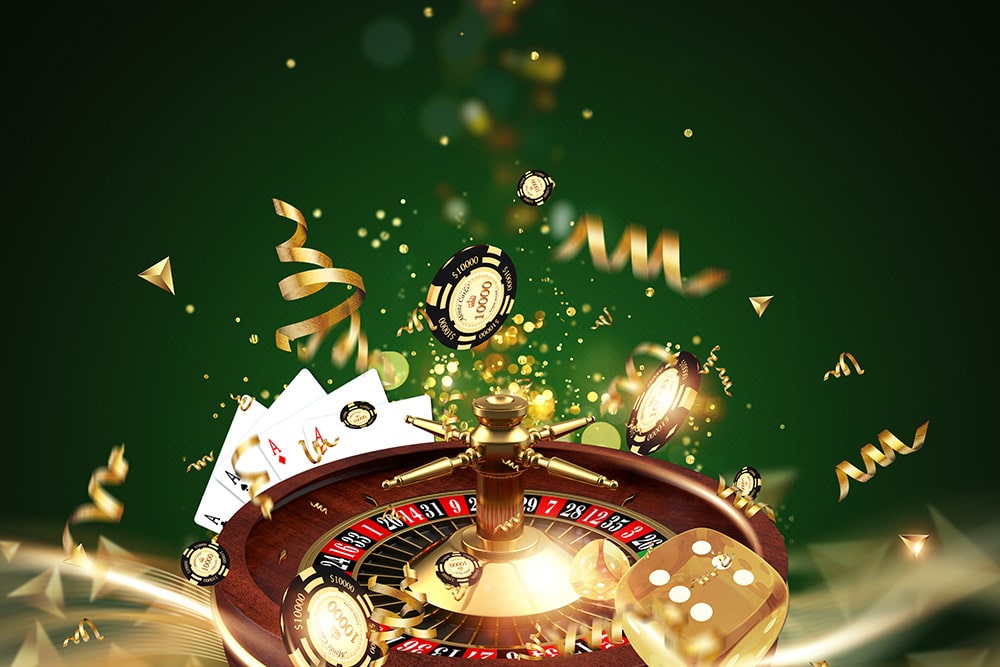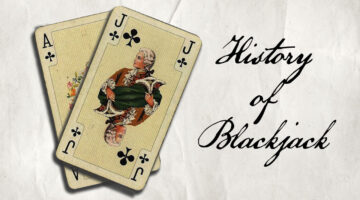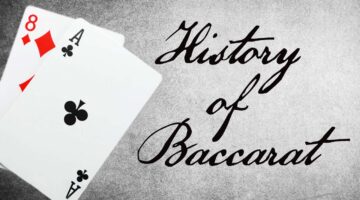The History of Roulette – Evolution & Biggest Wins
- By: Sean van der Merwe on October 22, 2021
- Categories: Gaming
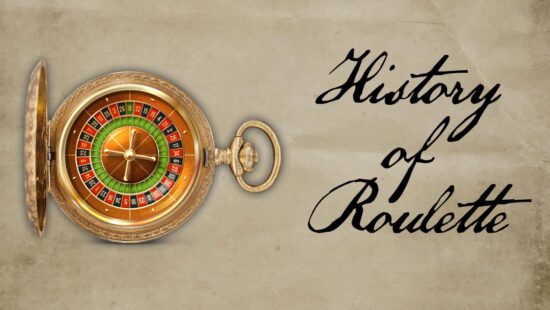
Just a brief browse through the internet will reveal that various gambling practices were highly popular as far back as written history will take us. This form of risk-taking is almost as old as civilization itself. In fact, according to Encyclopaedia Britannica, “Gambling is one of mankind’s oldest activities, as evidenced by the writings and equipment found in tombs and other places.”
Its journey to the present age was a rigorous one filled with drama and suspense. Mankind has always been in two minds about it, which has led to multiple changes in legislation along the way. While some embraced gambling revenues, others abhorred its methods. But this moral dilemma is still ever-present today and will probably never come to a head.
Anyway, the journey has taken us on an exciting trip from the ancient orient through the Middle Ages, right to the present information age. The main change evident along the way has been the types of games available to play. Technology has been a big factor in this evolution and selection process.
Some games have been around for hundreds of years already. Roulette’s history, for instance, spans four different centuries. It has seen various adaptations over time but remains a stalwart in casinos and gaming halls to this day. Simply, roulette seems to have a winning recipe that keeps drawing the crowds. The buzz of the game floor, the excitement of the wheel spin, and the variety of betting options on the table are all contributing factors to the success of the brand.
Join us, as we explore roulette history and take a journey through time to source the true origins of the game and trace its path through multiple eras.
What is Roulette?
Some of our readers may be familiar with the term “roulette” but don’t fully understand the mechanics of the game. Before we trudge into a detailed overview of roulette history, it’s probably important that you understand what entertainment entails. While we don’t have the time and capacity to teach you roulette rules and strategy in this article, we can provide some information for clarity’s sake.
Roulette is simply a table-based casino game. The word “roulette” is a French term that means “little wheel”. This alludes to the wheel-like equipment used to provide the random outcomes in the game. The second component of this table game is the betting grid. This is where players place their betting chips and make a guess as to what the outcome of the game will be.
Players receive an opportunity to place various wagers on the table. These betting options correlate to the possible outcomes of the roulette wheel. The odds and payouts for each choice vary from 1:1 to 35:1, depending on the options you choose.
The wheel is divided into 37 segments (European game) or 38 segments (USA version), numbered from 0 to 36 in the European/French version of the game and 0 to 36 with an additional “00” section in the American version.
The croupier will spin the wheel after all bets are in and release a white ball onto it. The ball will come to a halt in one of the positions, after which the house will evaluate the outcome in conjunction with the bets placed on the mat. If you are lucky enough to guess properly, you will win a cash prize in return, which equates to a multiple of your winning stake.
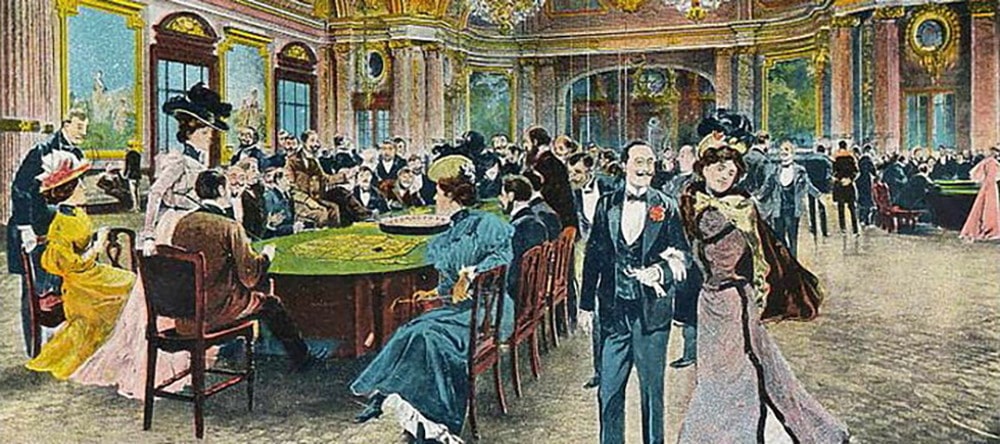
The Salle de Jeu at the beginning of the 20th Century. Painting by Mary Evans
Roulette History – A Picture of the Past
Roulette history is interesting because its origins are a mystery. What we do know for sure, is that it was enjoyed by gamblers as early as the 1700s. The game also morphed as changes were made to the number of notches found in the wheel. Carry on reading for in-depth information on roulette in the early days.
The Founder
There are only three theories worth mentioning when it comes to the origin of the game, one of which is more likely than the others.
- The first theory involves the story of a French Monk who invented roulette as a game to alleviate the monotonous nature of monastery life in the 18th There is not much proof to back this view, however, it may well be connected to the second theory.
- Another theory is that French Dominican monks invented the game, basing it on a traditional Tibetan game involving animal figurines and squares. Legend has it that the monks reorganised the figures around the rim of a wheel. The exact information surrounding the gameplay is unclear.
- The third, and most likely origin of the game ties back to a French physicist and mathematician, named Blaise Pascal. He is said to have invented the game by mistake in 1655. Pascal was attempting to invent the perpetual motion machine as an experiment to defy the laws of physics which deems it as an impossible feat. In the process of trying to defy the odds, he created a game with variable odds.
Whichever stance you decide to take on roulette history, it really has no bearing on which country it comes from. As the name suggests, it is proudly French in origin. It appears on old legal documents as far back as 1758, giving a clue to the earliest viable evidence of roulette.
The First Wheel in Roulette History
The first roulette wheel was a little different to the ones that we experience today at commercial casinos. It did not have a ‘0’ notch on it at all. Adding the zero came about in 1842 as a request made by King Charles III of Monaco. Two siblings, Francois and Lois Blanc designed and fashioned this new wheel, which most roulette fans are now familiar with today.
The addition of the extra digit on the wheel was not a small change. Every additional notch simply adds to the difficulty of determining the game outcome. This, therefore, increased the house edge and the amount of money the house stood to win on each spin.
The decision to make the change was an economic one for sure. At the time, King Charles’ kingdom was facing hefty financial difficulty. This wheel generated a lot more much-needed revenue for the region. The timing of the change in format was significant too, as France had just banned roulette. This made Monaco a desirable destination for French gamblers who now had no choice but to play on a new wheel at decreased odds.
Load the House Edge
As with all things, roulette eventually made its way across the ocean to the young United States, in the late 1800s. It seems that the Statue of Liberty would not be the only gift the French would leave the Americans on their travels.
It wasn’t long before roulette wheels became features in the USA’s famed casino halls. However, they tinkered with the wheel yet again, providing an extra “00” notch in addition to the standard “0”. This obviously raised the house edge even further, marking yet another evolution in roulette history.
The game started off in New Orleans, but it wasn’t long before you could play it on the paddle steamers of the Mississippi. Today, many commercial casinos and online operators provide both European/French games together with American Roulette options.
Language Transition
The numbers on the wheel were not the only changes evident in the evolution of roulette history. The text language on the table changed too. The original games contained French wording and instructions on the felt. These classic tables are still available in certain casinos around the world today, and many roulette purists prefer to spend their time on them.
As the game spread to England and the rest of the UK, the lettering was all changed. Roulette tables brandishing English on the felt are known as European tables. So, strictly speaking there are now three versions of roulette available today. These include French, European, and American versions of the game.
Legalities Across Roulette History
As a game of chance, roulette has suffered bans in many countries where this type of gaming is outlawed. There are some parties that argue that the game certainly involves a little more skill than slots. That’s because of the variety of betting options and odds. However, most legislations include it as a game with random outcomes. It certainly cannot be compared to true games of skill, like poker, where strategy and approach make a massive impact in the game.
Roulette’s history shows that the game first ran into legal issues in France in 1745, where it was made illegal. By 1800, it had all but disappeared in England and France, only to make a thrilling comeback by 1875.
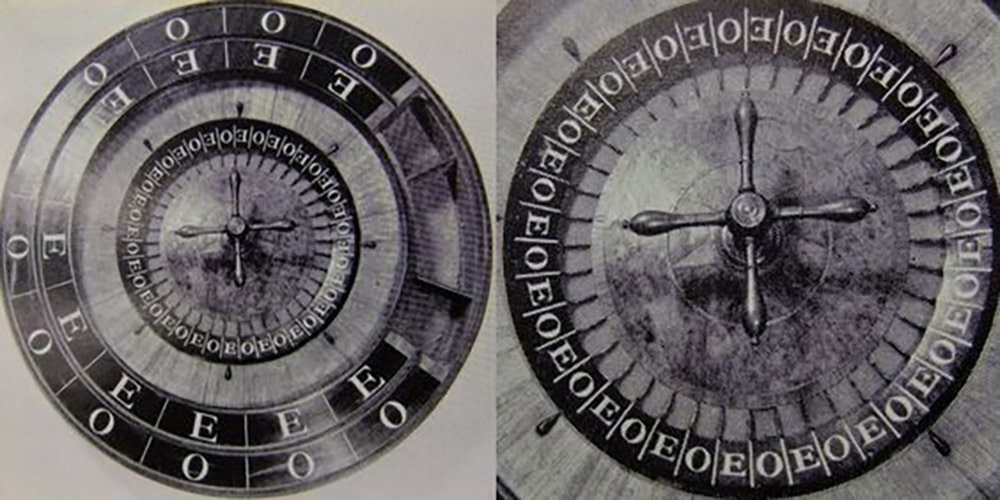
Vintage Even and Odds Game Wheels: Source unknown
Roulette’s Ancestors
It’s quite rare that completely unique games are invented without borrowing from other ideas on the market. The human mind often finds inspiration in things that are existent around us. It is, therefore, very likely that Pascal may have borrowed from other similar game options of the day when formulating the game rules and concepts.
Even – Odd
A possible ancestor of roulette could be EO. The vintage wheel resembles the roulette wheel. Instead of numbered segments on the wheel. The sections were marked E for even (20 segments) or O for odd (20 segments). There were also some blank spaces on the board. Players would bet on where the ball would land. The blank space was for the house.
Roly-Poly
There is a school of thought that believes that Roly-Poly was an English version of the Even-Odds game. Therefore, it may have provided the French with inspiration for Roulette. However, various historical books, such as “The Fatal Effects of Gambling (1824)” and others describe Roly-Poly and Roulette as one and the same game. It seems that the English rebranded the title shortly after it hit their shores from France in the 1700s.
The Biggest Wins in Roulette History
Roulette is now a regular game at top casinos. It has made many people big winners over the centuries. While we do not have access to all the big wins people have mustered in roulette table game history, we do have access to some of the best wins in the last 150 years. Below is a list of five of the most outstanding roulette wins:
- 2017: Pedro Grendene Bartelle won $3.5 million in Rio De Jeinero
- 2008: Mike Ashley won £820,000 in London
- 2004: Sir Philip Green won $2 million in Las Vegas
- 1881: Charles Wells won 2 million Francs in Monte Carlo
- 1873: Joseph Jagger won $375,000 in Monte Carlo
The two wins from the 19th Century are mammoth in size. Even with inflation over the last 150 years, these amounts are decent. Just imagine what that money meant to them back then.
One notable big winner not mentioned in the above list is Sir Sean Connery. Famously known for his lead in the James Bond films in the 60s, Mr. Connery once won a walloping $27,000 while playing roulette in Saint Vincent in 1963. Perhaps his role as the super spy spurred him on to practice the casino prowess that his character was famous for.
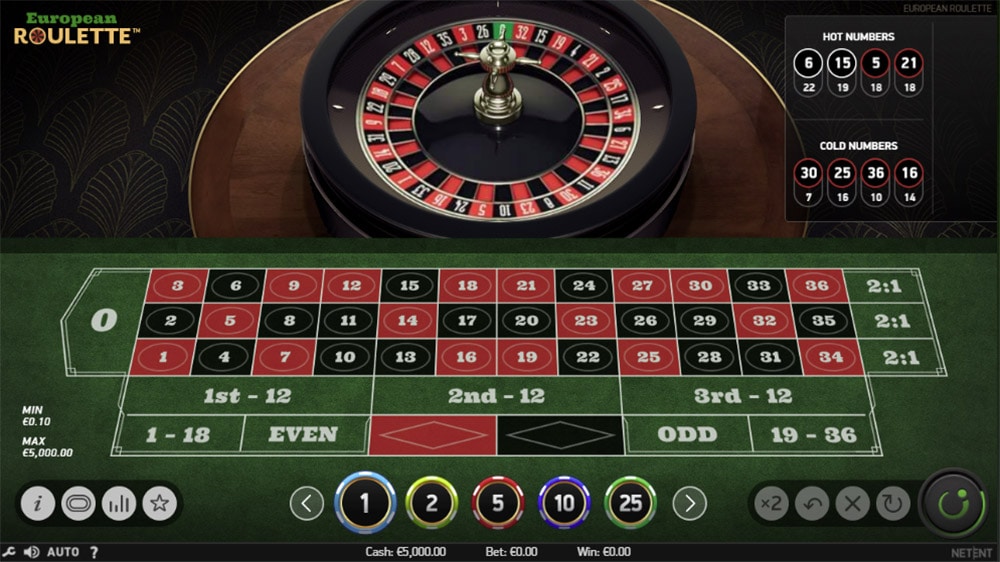
Online Roulette: Image Courtesy of NetEnt
Modern Day Roulette
Roulette history converges with the present in a time where technology is at an all-time high. There are things possible today that could not have been dreamed of in the 1700s. While the game at land-based casinos has changed very little over the years, the online gaming sphere has changed the landscape of the game tremendously.
You don’t even have to leave home to play anymore. The internet, computers, and smart devices invite roulette gaming into your home for you to play for real money whenever you choose. Many of the games play out virtually like video games.
Live roulette brings the best of land-based gaming and online entertainment together via live stream so that you can play interactively with live dealers and real players.
Roulette’s Inspiration for Modern Gaming
As we stated earlier, most new games birth forth from already existing ones. Some of the most popular chance-based games around today feature rolling wheels. Just think of Wheel of Fortune or some of the more contemporary live casino games like Dream Catcher, Monopoly Live, and others. It’s fair to assume that they have borrowed their gameplay from roulette. After all, it has been around for a lot longer.
This begs the question. What other games will roulette influence in the future and how many more concepts will birth from the original? Perhaps our modern world will be looked back on centuries from now as the tale of roulette history is told from a very different perspective altogether.

